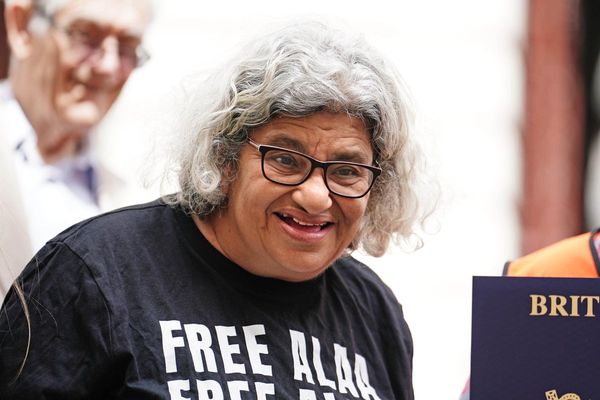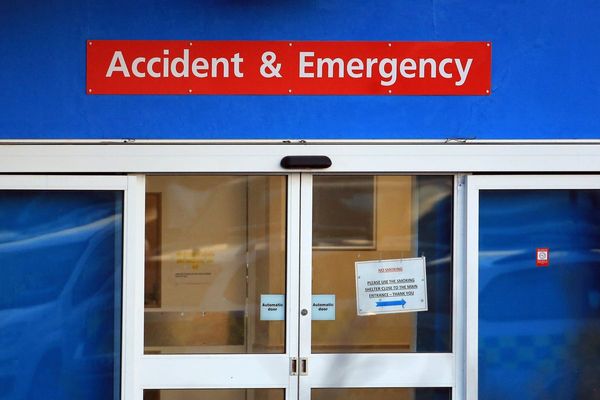
Just one drink a day robs you of half an hour’s sleep. And researchers found that the more energy drinks they consume, the fewer hours of sleep they get.
The study found that men who have a daily energy drink were twice as likely to report less than six hours of sleep a night compared with people who rarely or never had them. Women were found to be 87 percent more likely to do so. Even just the occasional can—1-3 times a month—was found to be linked to disturbed sleep.
Marketed as mental and physical pick-me-ups, energy drinks are very popular among college students and young people in general. Each can contain an average of 150 mg of caffeine per liter and can be packed full of sugar.
A team of Norwegian researchers set out to discover how exactly these drinks impact the sleep of young people.
To get their results, published in BMJ Open, they studied survey results of 53,266 18- to 35-year-old college and university students. The students were asked how often they drank energy drinks, with the response options of daily, weekly, monthly, and seldom/never.
They were also asked detailed questions about their usual sleep patterns. The results showed that women were much less likely to consume these caffeinated beverages than men were.
The surveys showed that 50 percent of women reported never or seldom consuming energy drinks compared to 40 percent of men. Women who did enjoy energy drinks were all less likely to indulge in them frequently, with 5.5 percent of women drinking them 4-6 times a week and only three percent drinking them daily.
In comparison, eight percent of men had energy drinks four to six times a week and five percent had one a day. Despite these differences, both sexes showed a clear link between energy drink consumption and fewer hours of sleep.
Both men and women who reported daily consumption slept around half an hour less than those reporting only occasional or no consumption. It also impacted how often they wake in the night and how long it takes them to fall asleep.
Insomnia was also more common among both women and men reporting daily consumption than among those reporting occasional or no consumption: 51per cent vs 33 percent (women) and 37per cent vs 22 percent (men).
Overall, higher energy drink consumption was associated with an increasing risk of sleep problems across all the aspects studied, with the strongest associations for short sleep duration.
“The results from the current study show that there is a robust association between the frequency of energy drink consumption and the different sleep parameters,” said Dr. Siri Kaldenbach from Innlandet Hospital Trust, Norway.
“Identifying modifiable risk factors for sleep problems among college and university students is vital and our results suggest that the frequency of consumption could be a possible target for interventions,” she added.
However, the researchers do note that the relationship between the two could be the reverse, and people are having energy drinks as a result of poor sleep rather than the other way around.
Produced in association with SWNS Talker







